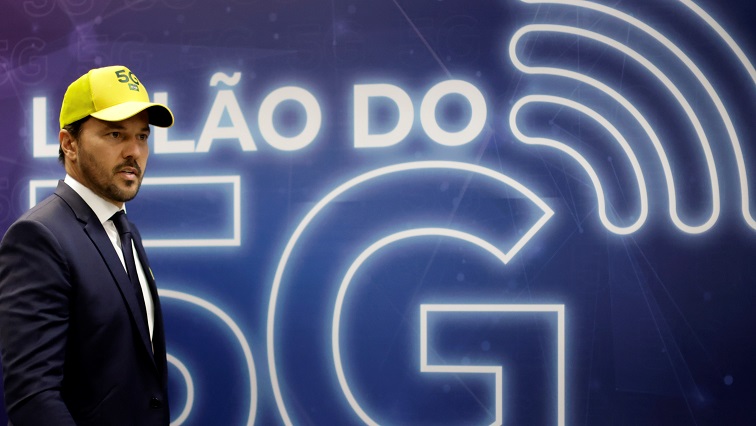Brazil is set to hold its largest-ever cellular auction on Thursday, with local units of America Movil, Telefonica and Telecom Italia vying with a dozen other firms for broadcast spectrum dedicated to fifth-generation (5G) wireless technology.
Telecoms regulator Anatel, which will start unsealing bids at 10 a.m. local time (1300 GMT), expects to get commitments from the winners to invest some 45 billion reais ($8 billion).
The long-awaited auction was delayed by differences over the involvement of China’s Huawei Technologies Co Ltd as a supplier of 5G telecom equipment, which the United States had pressed Brazil’s far-right government to ban on security grounds.
After a compromise aimed at shielding government communications, Brazil has moved ahead with the tender of four broadcast bands: 700 megahertz (MHz), 2.3 gigahertz (GHz), 3.5 GHz and 26 GHz.
Industry groups have long anticipated the chance for Brazil to catch up on 5G technology allowing greater efficiency and automation in fields from healthcare to agribusiness. However, slow local licensing for new antennas across the country may drag on the rollout of the new wireless coverage.
Spain’s Telefonica SA, which runs Brazil’s largest wireless carrier under the Vivo brand, will compete with the local Claro division of Mexican billionaire Carlos Slim’s America Movil SAB de CV, and the TIM SA unit of Telecom Italia SpA.
Other bidders include an investment fund and a coalition of internet service providers that grouped together to vie for a spectrum.
The telecom infrastructure sector expects Brazil’s5G networks to generate new business opportunities worth over $1 trillion over 15 years and create 1.5 million jobs in 4 years, said Vivien Suruagy, head of a federation of 137 000 companies.
Unlike other countries such as Sweden, Brazil has not excluded Huawei from its coveted 5G market despite diplomatic pressure from the United States, who cites espionage concerns.
Brazil’s main wireless firms already use Huawei for more than half of their networks and argued that banning Huawei would add billions of dollars in additional costs that would be passed on to consumers.
Instead, President Jair Bolsonaro’s government decided to build a separate network for itself and all federal agencies, from which Huawei will effectively be excluded. The government stipulated that bidders must comply with the governance rules of publicly listed companies, which Huawei does not.


